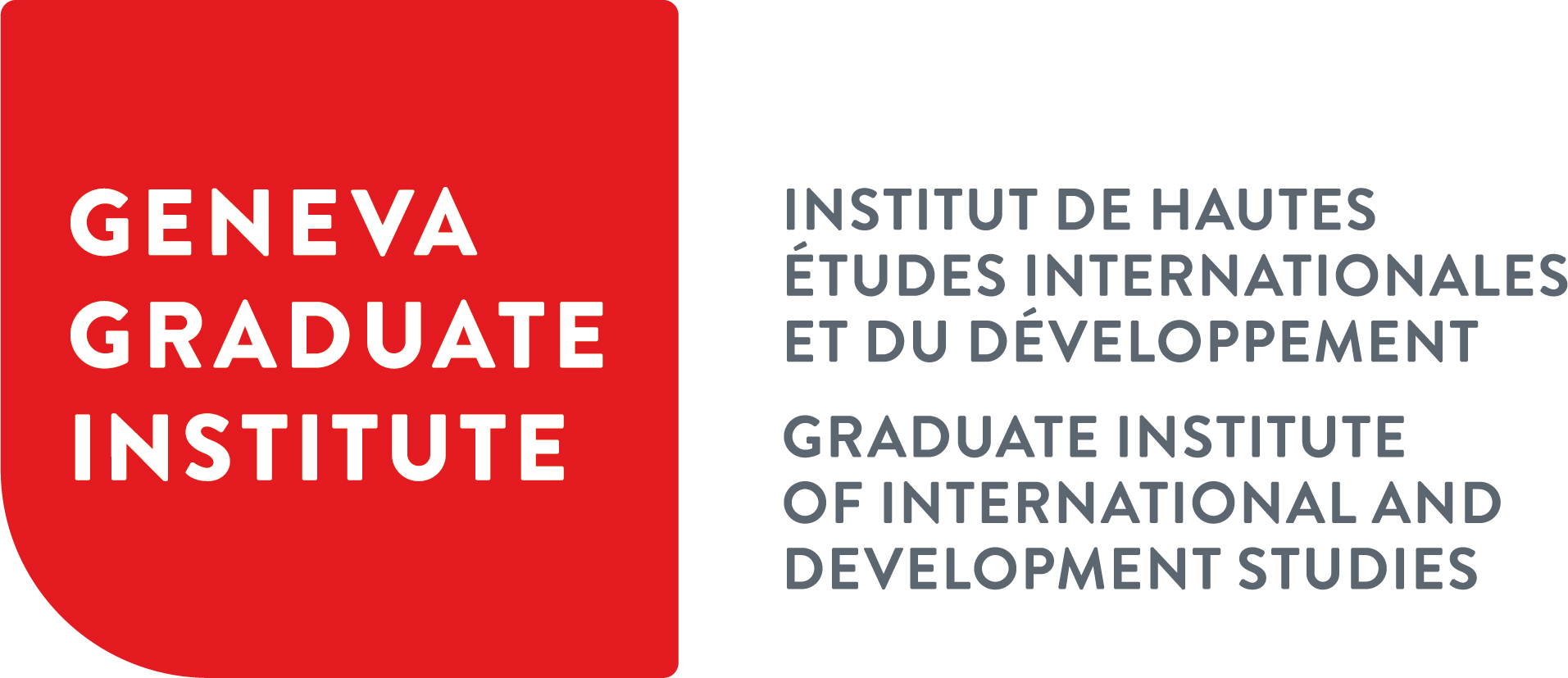News » Burkina Faso is the Theatre of Several Non-International Armed Conflicts against Jihadist Groups
Burkina Faso is the Theatre of Several Non-International Armed Conflicts against Jihadist Groups
Burkina Faso has been the theatre of intense armed violence between jihadist armed groups and the government since 2015, with more than 550 attacks carried out by these groups against both Burkinabe armed forces and civilians.
These attacks have taken place in the Sahel region, close to the border with Mali and Niger and have been carried out by Ansaroul Islam – a local jihadist group operating in the country –, as well as by armed groups that operates also in Mali: the Islamic State in West Africa Province (ISWAP), the Islamic State in the Greater Sahara (ISGS), and the Group for the Support of Islam and Muslims (JNIM). The capital Ouagadougou has also been targeted.
In response, the government has deployed nearly 2000 soldiers in the east and in the Sahel and special gendarmerie units and conventional military forces have carried out large operations in the region, notably with the support of France via its operation Barkhane.
‘Our monitoring of the situation since 2015 allows us today to conclude that the Burkinabe army and France are currently engaged in a number of parallel non-international armed conflicts against Ansaroul Islam, ISGS, ISWAP, and JNIM ’ explains Dr Chiara Redaelli, Research Fellow at the Geneva Academy.
‘This classification has been triggered by both the level of armed violence and the degree of organization of these armed groups’ she adds.
Our Rule of Law in Armed Conflict (RULAC) online portal provides a detailed analysis of these conflicts, including information about parties, classification and applicable international law.
Implications of the Classification
Classifying a situation of armed violence as an armed conflict has several implications: international humanitarian law (IHL) applies – in addition to international human rights law – and war crimes can be committed by members of the Brukinabe armed forces and of the various jihadist armed groups involved. For countries that are not involved in these conflicts, this classification notably triggers arms control treaty regimes.
Self-Defence Groups: Not a Party to the NIACs
Two main self-defence groups operate in Burkina Faso: the Koglweogo groups – ‘guardians of the bush’ in the local Mossi language –, and the Dozo groups – a brotherhood of around 5,000 hunters active in several West African countries and with a strong presence in Burkina Faso.
Aimed primarily at fighting crime and banditry, they have flourished in recent years following the weakening of the central government and the deterioration of security in the country.
These two groups have been involved in armed clashed around attempts by the Koglweogo groups to establish control in the Hauts-Bassins. They have also clashed with jihadist armed groups while signing, at the same time, non-aggression agreements with Islamist forces or collaborating with them regularly.
‘While self-defence groups constitute a threat to security in Burkina Faso, they are not sufficiently organized to be party to a NIAC’ underlines Dr Chiara Redaelli.
The French Intervention and Operation Barkhane
France has been militarily active in the country since 2014, when it launched Operation Barkhane with the aim of fighting jihadist groups operating in the Sahel region. The operation is conducted with the agreement of members of the G5-Sahel, namely Burkina Faso, Chad, Mali, Mauritania, and Niger.
In light of the number of armed confrontations between French forces and jihadist groups present in Burkina Faso, France is party to the NIACs against the jihadist groups operating in Burkina Faso.


